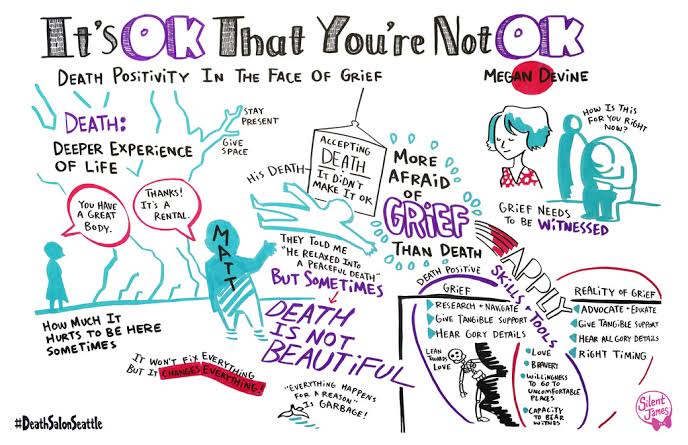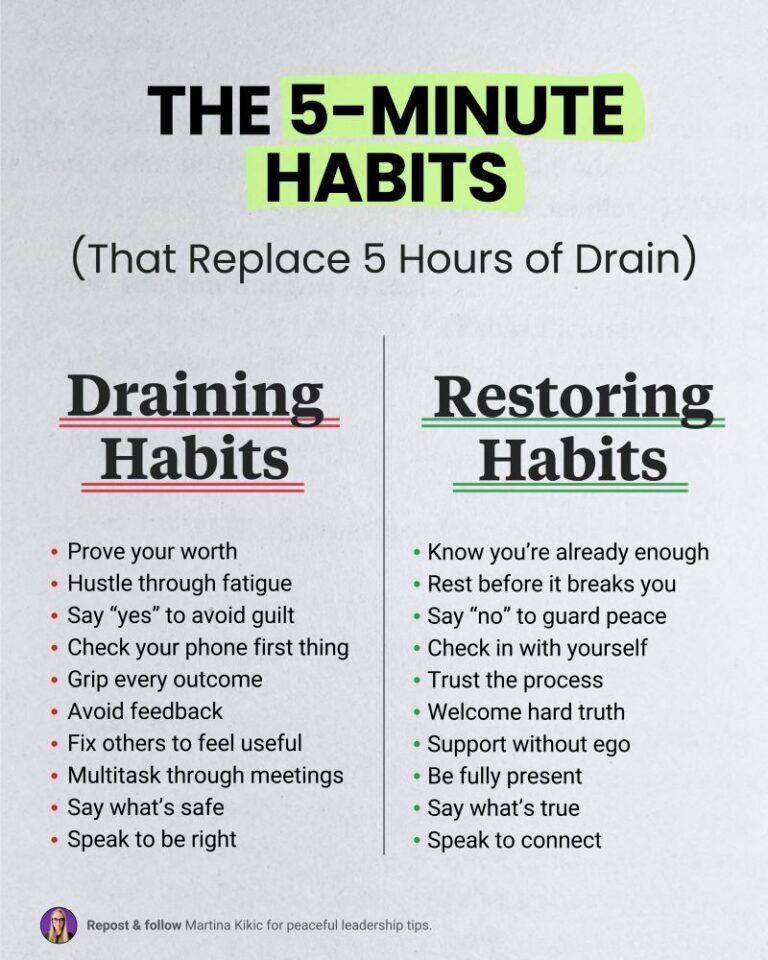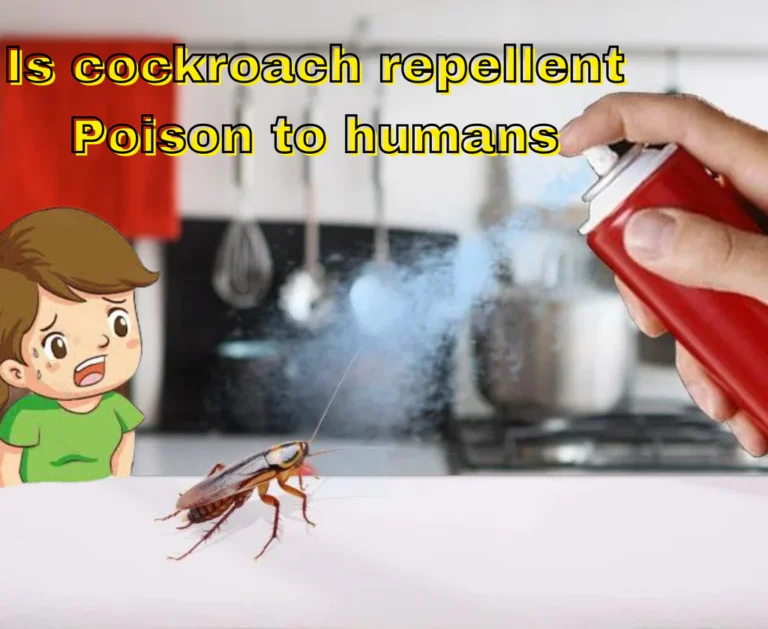Is usually the treatment of depression with psychotherapy or medication, but some studies suggest that diet can also play a role in mental health, may prevent or reduces the severity of depression.
“The right type of diet may give the brain more than it needs to avoid depression, or even treat it once the mental state begins,”says Lisa Mosconi, of Weill Cornell Medical College.
– The relationship between diet and depression:here’s what experts know about useful foods that may be harmful to depression.
There are many different factors that help in depression, some out of Will, such as genetics or life event painful. But can foods you choose to eat play a role too, because the food can affect certain chemicals in the brain, such as serotonin, that help regulate mood.
An estimated 95% of serotonin is produced in the digestive tract. So, it is logical that what you eat may affect mood.
For example, a 2014 review found that those on a Mediterranean diet of fruits, vegetables, fish and whole grains were 16% less likely to develop depression than those on a western high-carb diet.
It is believed that the Mediterranean diet is effective in fighting depression because they are rich foods anti-inflammatory such as leafy vegetables and fish, while also reduce processed foods that can cause inflammation.
Foods that can help relieve depression:it is known that inflammation contributes to a number of diseases including heart disease, Alzheimer certain types of cancers like liver and cervical cancers. It is still unclear how strongly inflammation contributes to depression. But some studies, such as a 2014 review, suggest that preventing inflammation through your diet may help prevent depression.
Mosconi says the brain needs certain nutrients to produce chemicals used to regulate emotions. Some of these useful foods and nutrients include:
-Oily fish (small salmon, mackerel, anchovies, sardines, herring): these fish are all rich in omega 3 fatty acids, a type of fat found it reduces the severity of symptoms of depression by reducing inflammation.
-Turkey: eating turkey provides tryptophan, an amino acid used by the body to produce serotonin.
– Cocoa: certain compounds such as flavanol and procyanidin, contained in cocoa in dark chocolate, can reduce inflammation in the body.
-Fruits and vegetables: you could be eating foods such as fruits and vegetables of the most powerful ways to fight inflammation because they contain antioxidants, which are compounds that help protect cells from damage resulting from inflammation.-Probiotic foods: more research is needed to understand exactly how probiotics work and the various diseases that can be treated. But what the researcher found is that foods that contain probiotics such as yogurt and sauerkraut contain live bacteria help balance the gut bacteria. This is important when it comes to depression because these bacteria can produce chemicals that regulate mood, such as serotonin and gamma aminobutyric (GABA).
Foods rich in antioxidants include walnuts, berries, pomegranates, dark chocolate, coffee, green tea, and some herbs such as mint and oregano.
Foods to avoid when feeling depressed:
Many foods that are harmful to physical health can also affect mental health. Here are some foods to avoid to help prevent and combat depression.
– Sugar: eating a diet that contains lots of sugary foods and drinks has been associated with higher rates of depression. This may be because sugar increases inflammation and can destabilize your blood sugar. When the blood sugar level drops significantly, can show symptoms such as nervousness, inability to concentrate, while high blood sugar can cause fatigue.-Processed foods: “processed or fried foods often contain trans fats and a variety of chemicals that can promote inflammation,” says Mosconi, adding that inflammation is a potential cause of depression, as well as other brain diseases such as dementia.








